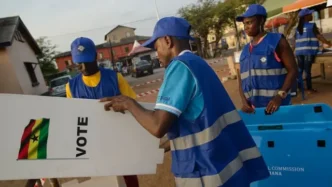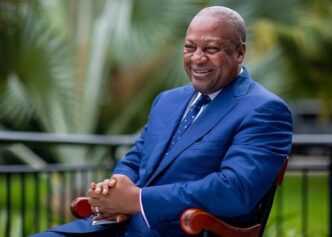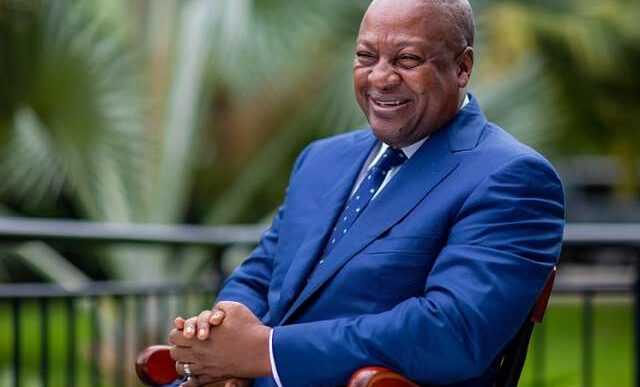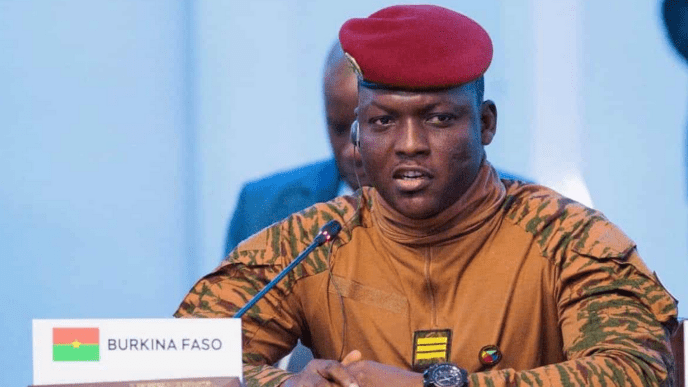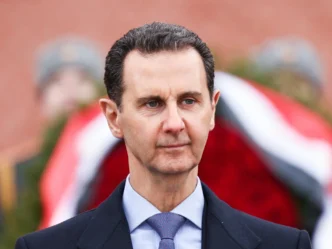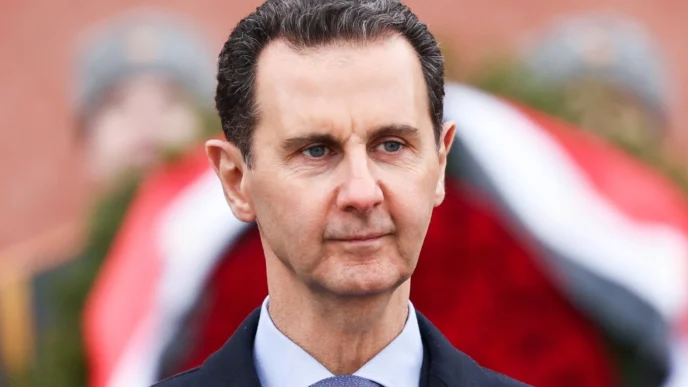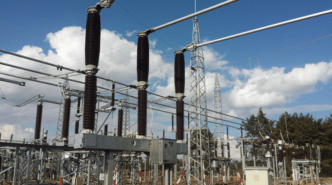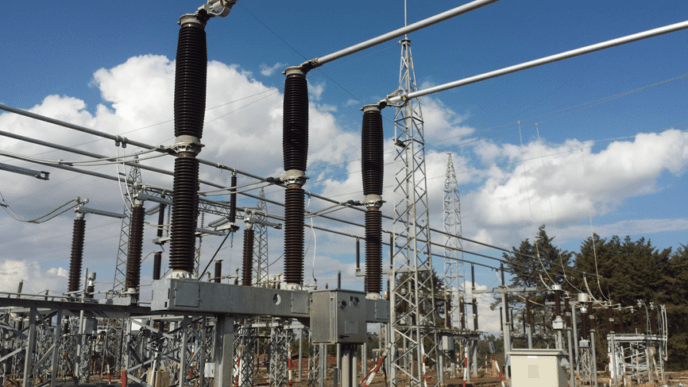Ghana has commenced ballot counting following an intense presidential race marked by economic challenges and a push for political change.
The preliminary results are expected by Sunday, while the full presidential results will be announced by Tuesday.
The election pits Vice President Mahamudu Bawumia of the ruling New Patriotic Party (NPP) against ex-President John Mahama of the National Democratic Congress (NDC).
While the NPP campaigns under the slogan “Break the 8,” aiming to extend its time in power beyond two terms, Mahama promises a “reset” for Ghana’s struggling economy.
Economic Issues Dominate Election
The state of Ghana’s economy was a determinant in the election. The West African nation, a leading producer of gold and cacao, recently grappled with a debt default, soaring inflation, and a $3 billion IMF bailout.
Although inflation has eased from over 50% to around 23%, many Ghanaians still struggle with the high cost of living, limited job opportunities, and the depreciated cedi currency. For many voters, these issues shaped their choices at the polls.
John Mahama has leveraged this frustration, pledging to implement a “24-hour economy” to create jobs and renegotiate aspects of the IMF deal. He criticized the NPP’s handling of the economy, describing their performance as “abysmal.”
However, Mahama’s own tenure as president (2012–2017) faced scrutiny for financial mismanagement and power outages, raising questions about his economic credibility.
Calls for Change Amid Challenges
Vice President Bawumia, a former central banker with a background in economics, emphasizes stabilizing economic indicators, digital transformation, and expanding social programs like free education. Despite this, critics argue he remains tied to President Nana Akufo-Addo’s record, which has faced significant backlash.
Shoe vendor Esther Adobea expressed cautious optimism, stating, “Our economy is not good, but I believe Bawumia can make it better.”
Security and Mining Add Complexity
Beyond the economy, security and illegal mining also influenced voter concerns. Northern Ghana faces spillover risks from conflicts in neighboring Niger and Burkina Faso, while illegal gold mining continues to devastate riverways and cocoa farmlands, key to Ghana’s exports.
Both leading candidates hail from the north, turning the region into a critical electoral battleground. The results will likely reveal whether voters prioritize continuity or change amid these complex challenges.
What Lies Ahead?
Ghanaians, renowned for maintaining political stability since transitioning to multi-party democracy in 1992, now await the outcome of an election that reflects deep-seated concerns about governance, economic recovery, and security.
While the results approach, the question remains: will voters choose stability or a fresh start?
Read More:
